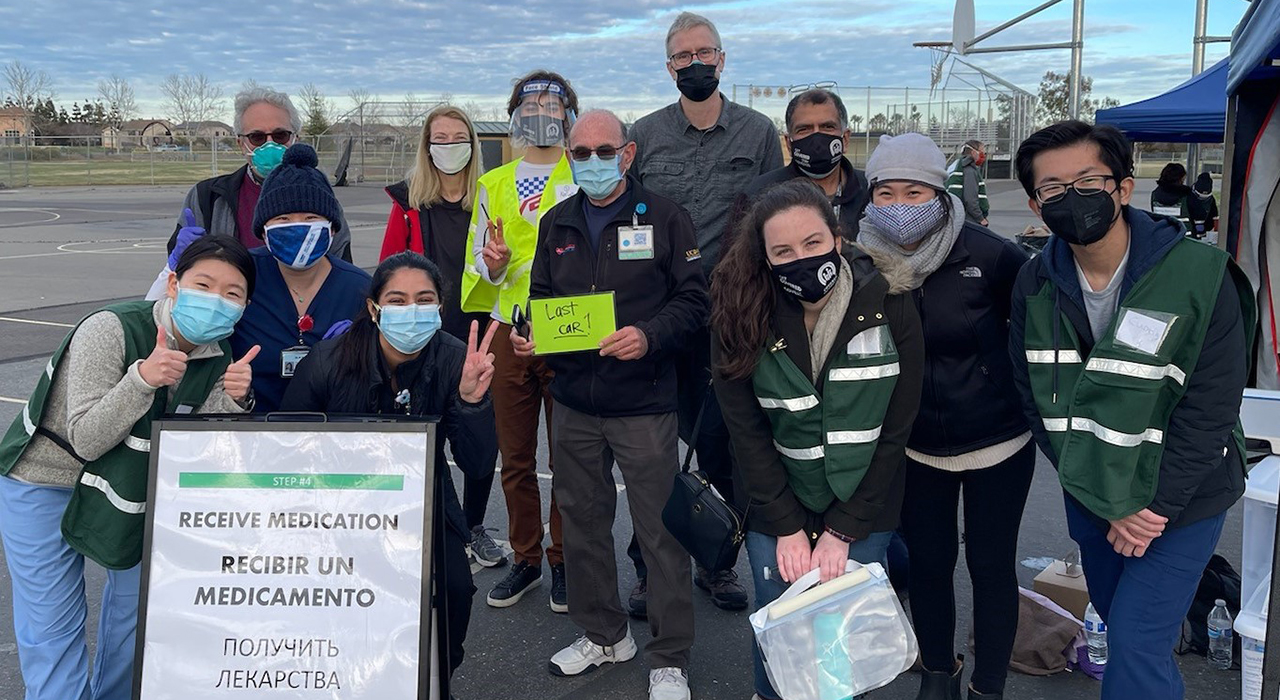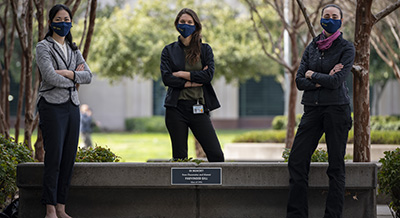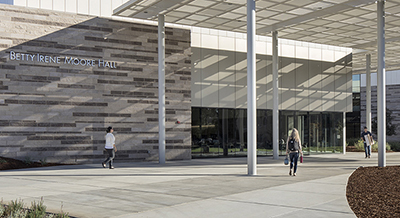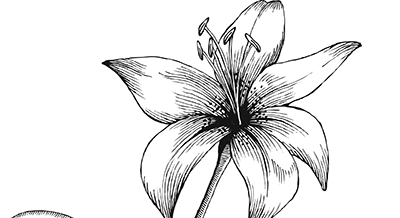What does a free community clinic do when a pandemic puts a stop to in-person medical services for those who can’t afford health care? You call every patient who’s been seen in the past five years and ask them how they’re doing.
For the volunteers at the Paul Hom Asian Clinic, that was nearly 2,000 people — and represented the type of personalized, compassionate care it’s been delivering for the underserved in Sacramento for nearly 50 years.
The School of Medicine’s 12 nonprofit, free clinics provides care to a variety of vulnerable patient populations. They’re staffed by health professions student volunteers — mostly from UC Davis, the School of Medicine and the Betty Irene Moore School of Nursing — monitored by volunteer physician preceptors.
As the pandemic spread rapidly around Sacramento between late winter and early spring, the clinics were temporarily shuttered for safety reasons. To adjust, volunteers turned to telehealth video appointments and a variety of other strategies to continue helping communities. Some examples:
- Before the pandemic, the rural Knights Landing One Health clinic — whose patient population includes many migrant farmworkers from low-income Hispanic households — was open one day on alternate weekends. Starting last summer, a telehealth effort provided access to health consultations nearly every day of the week — a transition helpful for patients with long and structured workdays. The undergrad team also distributed donated clothing and food onsite.
- Premed student volunteers at the Imani Clinic developed a mentorship program for neighborhood youth in Sacramento’s disadvantaged Oak Park neighborhood.
- In November, volunteers from UC Davis and Sacramento State reached out to underserved Hmong population with free flu vaccines and groceries in the parking lot of a Del Paso Heights community center. The clinic took months of planning by Hmong Lifting Underserved Barriers, a newer student-run clinic connected to the Hom Clinic.
Building immunity
Clinics began reopening to in-person patient care starting in September, when a student-driven effort resulted in new safety protocols under a pilot program. Patient care was consolidated at a central location, the Shifa Clinic near downtown Sacramento.
Once COVID-19 vaccines were approved, students then joined the push to build herd immunity. Dozens have volunteered at several community vaccination clinics in Yolo and Sacramento counties, serving thousands. At one clinic at Pioneer High School in Woodland in February, students and faculty administered more than 700 first dose Pfizer-BioNTech vaccines. At another drive-through at Sacramento’s La Familia Counseling Center, students helped administer 156 doses in partnership with the Sacramento Native American Health Center, the Sacramento County Department of Public Health, the Latino Economic Council of Sacramento, and HealthImpact.
As vaccine availability grew in spring, by mid-April the Shifa student-run clinic had vaccinated more than 6,000 patients in five weeks.





